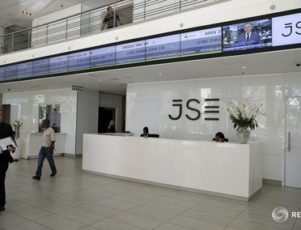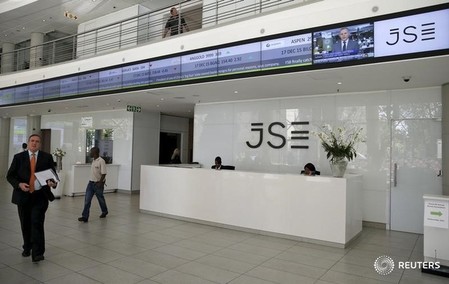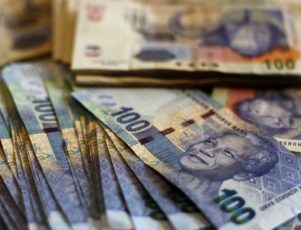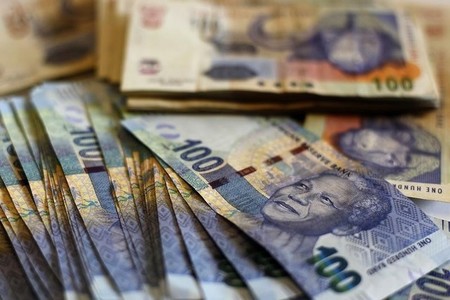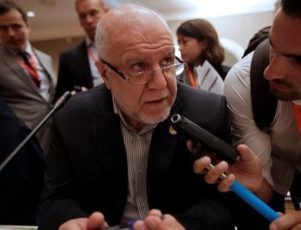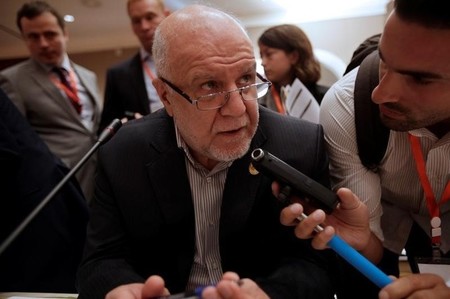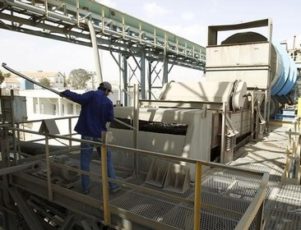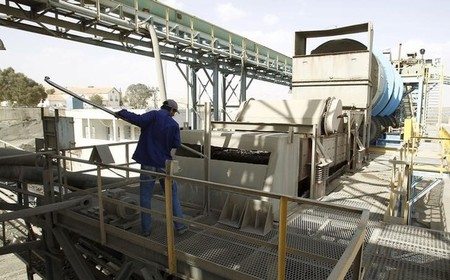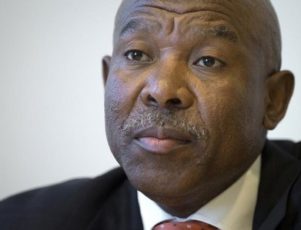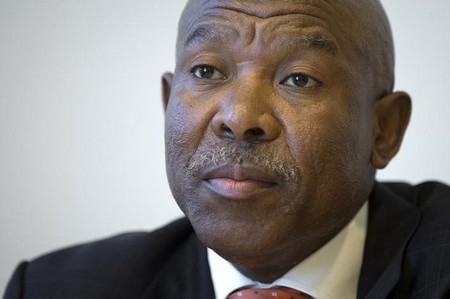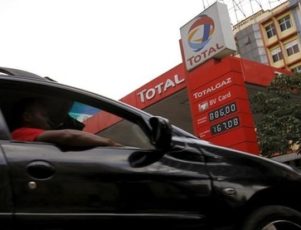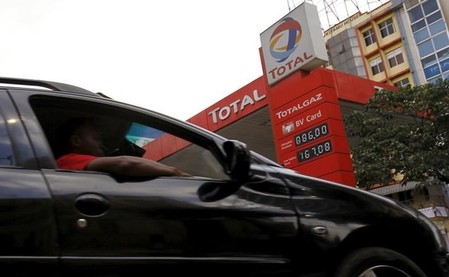JOHANNESBURG (Reuters) – South Africa’s rand weakened on Thursday as bets on a December U.S. rate rise brought emerging currencies under pressure, while stocks ended slightly weaker as gold and platinum mining shares slid on lower precious metal prices.
The benchmark Top-40 index closed down 0.6 percent at 45,051 points while the All-Share index fell 0.5 percent to 51,611 points.
At 1530 GMT, the rand traded at 13.8550 per dollar, 1 percent weaker from its New York close.
Recent figures from the world’s largest economy, the latest on Wednesday showing U.S. services sector activity soaring to an 11-month high, have helped the case for the Fed to raise interest rates, most likely in December.
Investors were already looking to U.S. jobs data on Friday for pointers on the timing of the next U.S. interest rate hike.
“Tomorrow, of course, will be more interesting but that only adds to today’s malaise as global markets have already gone into their typical pre-payrolls slumber,” Rand Merchant Bank analyst John Cairns said in a note.
“Fed hike talk though is much more realistic. Our expectation of a December move was given credence by both the sharp rebound in the U.S. ISM (Institute for Supply Management) services sector indicator and some mildly hawkish talk from Fed members.”
On the stock market, lower precious metals prices hurt mining stocks, with Sibanye Gold shedding 3.3 percent to 39.98 rand after bullion fell to a three-month low on raised prospects for a rate hike by the Fed.
Gold’s losses dragged platinum lower, pushing the shares of major producer Lonmin down 4.1 percent to 33.68 rand.
Petrochemical firm Sasol, which rose on a firmer crude price, was the best performing blue-chip stock, gaining 1.7 percent to 388.32 rand.
“Brent crude broke decisively through the $50 barrier and the rand is a bit weaker and that is just what Sasol needs,” said Cratos Capital equities trader Greg Davies.
Trade was muted with around 238 million shares changing hands, compared with last year’s daily average of 296 million.
In fixed income, the yield for the benchmark government bond due in 2026 dipped 1 basis points to 8.705 percent.
(Reporting by Olivia Kumwenda-Mtambo and TJ Strydom; Editing by Ed Cropley)

